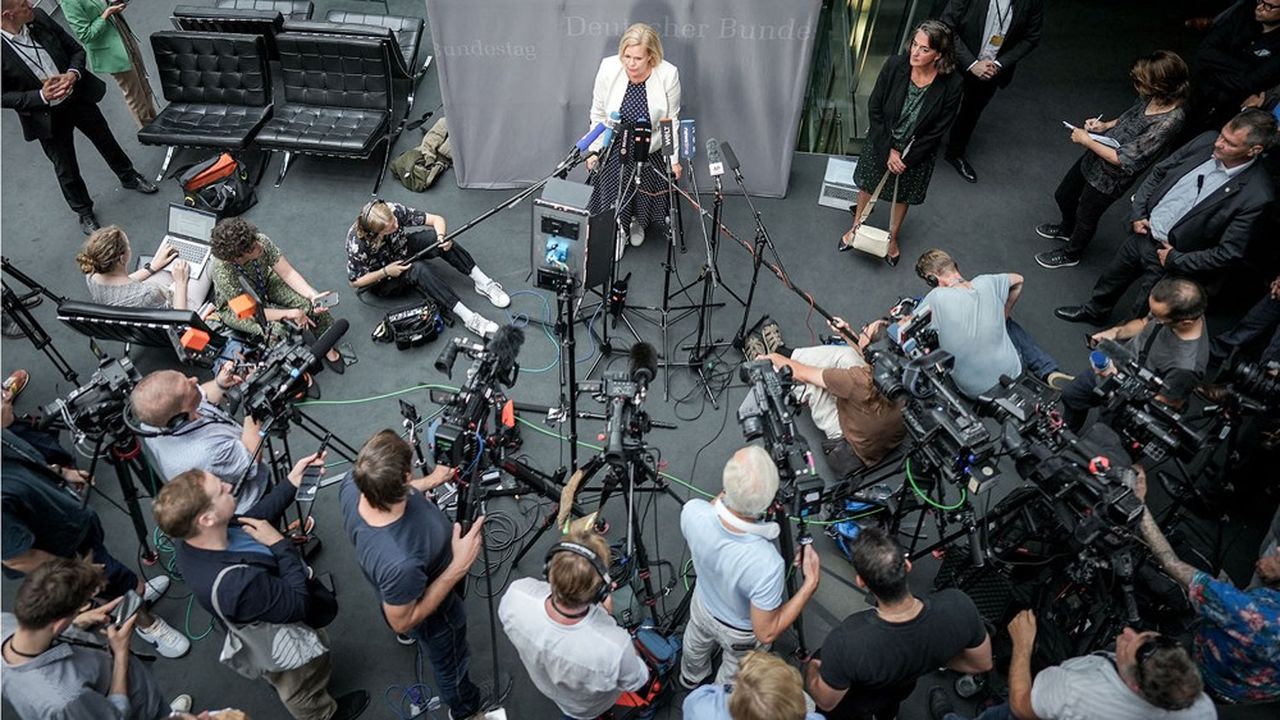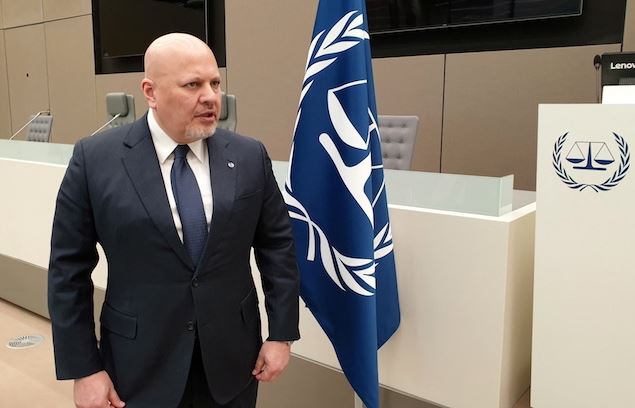
The axe has fallen. For the first time since the Taliban returned to power, the German government announced on Friday the immediate expulsion of 28 Afghan nationals. They boarded a plane chartered by Qatar Airways at around 7 a.m., which took off from Leipzig airport for Kabul.
Government spokesman Steffen Hebestreit said in a statement that all of the individuals “had been convicted of criminal offences, had no residence permit and had been subject to a return order”.
In early June, German Chancellor Olaf Scholz declared himself in favour of deporting “serious criminals and terrorists” to Afghanistan and Syria. A real change of direction, given that these two states had until now been considered too dangerous to authorise the return of their nationals and too unapproachable to negotiate deportation agreements.
Political pressure
The tipping point coincides with the Islamist attack carried out on June 2 by an Afghan refugee in the city of Mannheim. The 25-year-old man, who stabbed six people, had been living in Germany since 2013 and had received a negative response to his asylum application. Faced with the outcry caused by the incident, Olaf Scholz had opened the door to a review of practices regarding the expulsion of foreign nationals.
A new knife attack, committed on August 23 by a Syrian refugee in Solingen, in the west of the country, and claimed by the Islamic State, has added fuel to the fire, in a tense political context, marked by the rise of the German extreme right.
In an attempt to ease the pressure, the government announced a series of measures on Thursday, including removing aid for asylum seekers who entered via another European Union state. The possibility of expelling some individuals to Syria and Afghanistan has also resurfaced.
Wave of refugees
For three years, Germany has been facing an influx of Afghan refugees, whose numbers doubled between 2021 and 2023, exceeding the 50,000 mark last year. According to figures from the Federal Office for Immigration and Refugees (BAMF), Afghans accounted for 14.3 percent of all asylum seekers in 2023, ranking third behind Syria and Turkey.
The cause is the return to power of the Taliban in mid-August 2021, which forced several hundred thousand inhabitants to flee the country. In 2023, barely 1% of Afghan refugees had their asylum applications rejected by the German authorities. Of the 46,373 admitted, 39% are also prohibited from expulsion, in accordance with the law on the residence of foreigners.
Even if their asylum application is rejected, refugees are not necessarily forced to return. A total of 233,000 individuals were required to leave the country as of March 31. But according to government figures, nearly 187,000, or 80% of them, are benefiting from a temporary suspension of their expulsion.
Screw turn
However, for two months, the German authorities had been secretly negotiating through Qatar to facilitate the expulsions to Afghanistan.
After the first charter flight to Kabul left, the government opened the way for further returns, saying that “Germany’s security interests clearly outweigh the need to protect criminals and people who threaten national security.”
A security tightening that comes just days before the regional elections taking place this Sunday in Saxony and Thuringia, where the AfD, a far-right party, is well ahead in the polls with 30% of voting intentions.
Relations at a standstill
The fleeting air link between Leipzig and Kabul does not, however, reflect a normalisation of relations between the two states. Three years after the Taliban returned to power in Afghanistan, the regime remains subject to international sanctions and has not yet been recognised by any state in the world. The gradual hardening of Afghan policy, particularly with regard to women, is a deterrent and regularly triggers the indignation of the international community.
In late August, the Taliban regime issued a law to “promote virtue and prevent vice in accordance with Sharia law,” a 114-page document that further curtailed the few remaining rights of women, who are now required to cover their entire bodies and not raise their voices in public. The European Union said it was “dismayed” by the decree, which creates “another obstacle to the normalization of relations” with Afghanistan.







